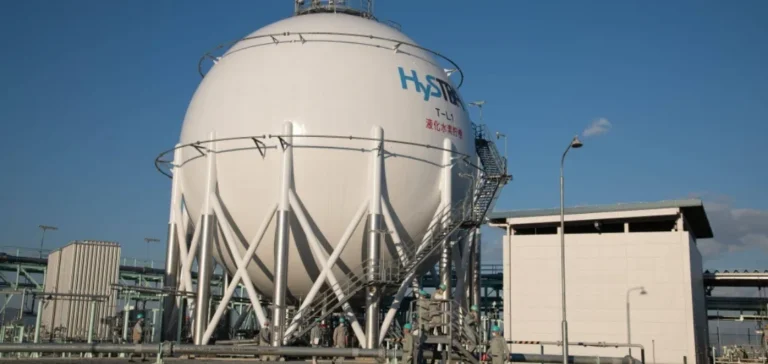Long-term hydrogen purchase contracts, known as offtake agreements, are a central lever for the sector’s development. These agreements allow producers to secure investments in costly infrastructure while providing buyers with stable supply. Germany and Japan are emerging as pioneer markets in this dynamic, with a growing concentration of industrial initiatives.
Germany structures its industrial needs
Germany has seen a surge in agreements linking producers with major industrial players. These contracts support the energy needs of strategic sectors such as chemicals, steelmaking, and heavy transport. Several German companies have already formalized multi-year commitments with European producers, sending a strong signal for the bankability of projects. The announced volumes cover millions of tons of hydrogen by the end of the decade, strengthening the credibility of the domestic market.
Japan anticipates massive demand
Japan positions itself as a leading importer, with a strategy focused on securing international flows. Japanese companies have signed long-term supply contracts, including projects located in Australia and the Middle East. The country mobilizes its industrial conglomerates to lock in substantial volumes, exceeding several hundred thousand tons annually. This approach aims to anticipate growing consumption in maritime transport, power generation, and heavy industry.
An already marked international competition
The multiplication of purchase contracts highlights the emergence of international competition. Europe, through Germany, seeks to build an integrated market, while Japan prioritizes external supply security. This divergence in strategies underscores uncertainties surrounding the global availability of low-carbon hydrogen, but also confirms the rising interest from investors and financial institutions. For producers, the conclusion of such contracts remains a prerequisite for project execution.






















